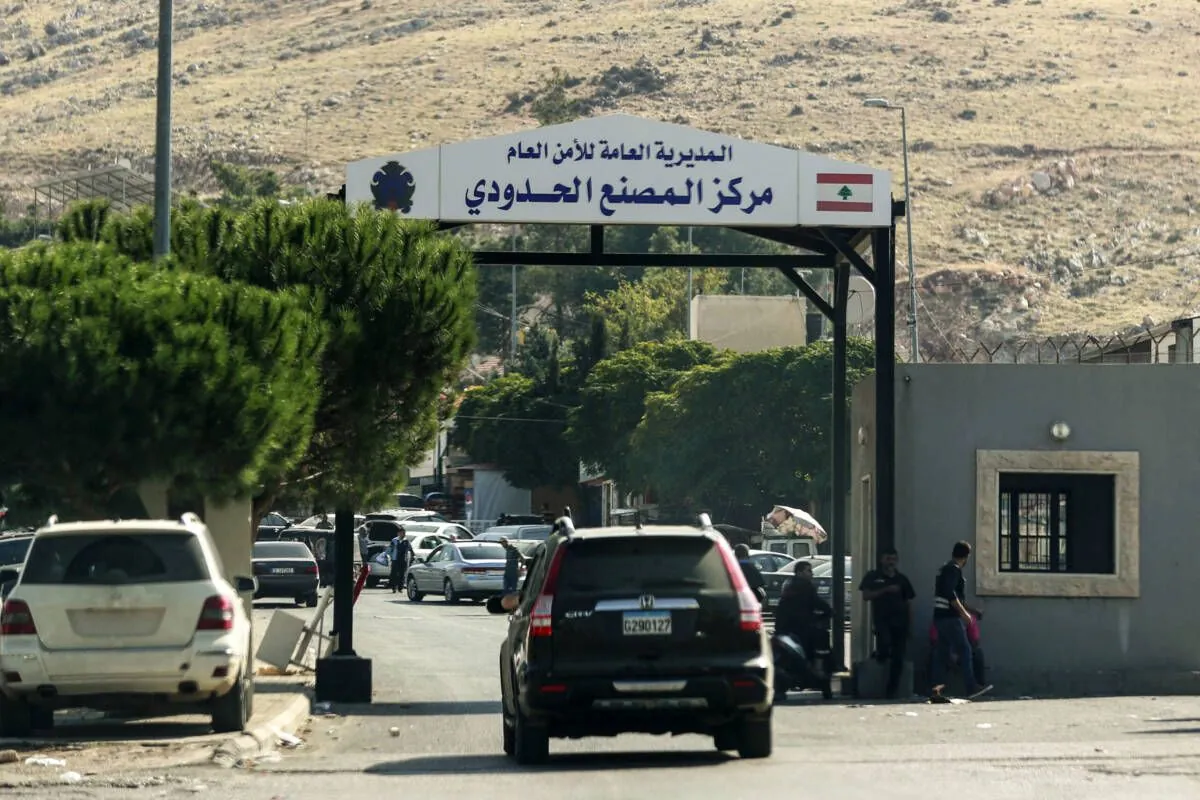On October 4, 2024, an Israeli strike near the Masnaa border crossing between Lebanon and Syria disrupted a vital escape route for refugees fleeing ongoing bombardments. This incident has raised concerns about the safety and mobility of displaced populations in the region.
Ali Hamieh, Lebanon's Transport Minister, reported that the strike created a 4-meter wide crater inside Lebanese territory, effectively cutting off the road used by hundreds of thousands of people seeking refuge. This development comes at a critical time, as over 300,000 individuals, predominantly Syrian, had crossed from Lebanon into Syria through this passage in the preceding 10 days.
The attack follows accusations by the Israel Defence Forces (IDF) against Hezbollah, a Shia Islamist political party and militant group based in Lebanon. On October 3, an IDF spokesman claimed that Hezbollah was using the crossing to transport military equipment into Lebanon. The IDF stated its intention to prevent such alleged smuggling activities, even if it meant taking action.
In response to these allegations, Hamieh had asserted during a press conference on October 3 that the crossing was under the authority of the Lebanese state. This statement underscores the complex political dynamics in the region, where Lebanon's sovereignty and border control are often challenged.
The situation at the Masnaa border crossing reflects the broader geopolitical tensions in the area. Lebanon, which hosts the largest number of refugees per capita globally, has been grappling with political and economic instability since 2019. The country's complex confessional political system and the ongoing Syrian civil war since 2011 have contributed to the region's volatility.
The Israel-Lebanon border has long been a site of tension, with the United Nations Interim Force in Lebanon (UNIFIL) operating along this frontier. The Blue Line, a border demarcation established by the UN in 2000, serves as a de facto boundary between the two nations, which lack formal diplomatic relations.
Lebanon's challenges extend beyond border issues. The country has faced severe economic hardships, including a dramatic devaluation of the Lebanese pound and strain on its healthcare system due to the influx of refugees. The Port of Beirut explosion in 2020 further exacerbated these difficulties.
Despite these challenges, Lebanon maintains a rich cultural heritage, including ancient Phoenician sites, and a diverse religious makeup comprising Sunni and Shia Muslims, Christians, and Druze. The nation's population, approximately 6.8 million as of 2024, continues to navigate the complex interplay of regional politics, economic pressures, and humanitarian concerns.
As the situation at the Masnaa border crossing unfolds, it serves as a stark reminder of the ongoing struggles faced by refugees and the delicate balance of power in the region. The international community watches closely, hoping for a resolution that prioritizes the safety and well-being of those caught in the crossfire of geopolitical tensions.
"The IDF will not allow the smuggling of these weapons and will not hesitate to act if forced to do so, as it has done throughout this war."
This recent development underscores the need for diplomatic efforts to address the root causes of conflict and displacement in the region, while ensuring the protection of vulnerable populations caught in the midst of ongoing tensions.
